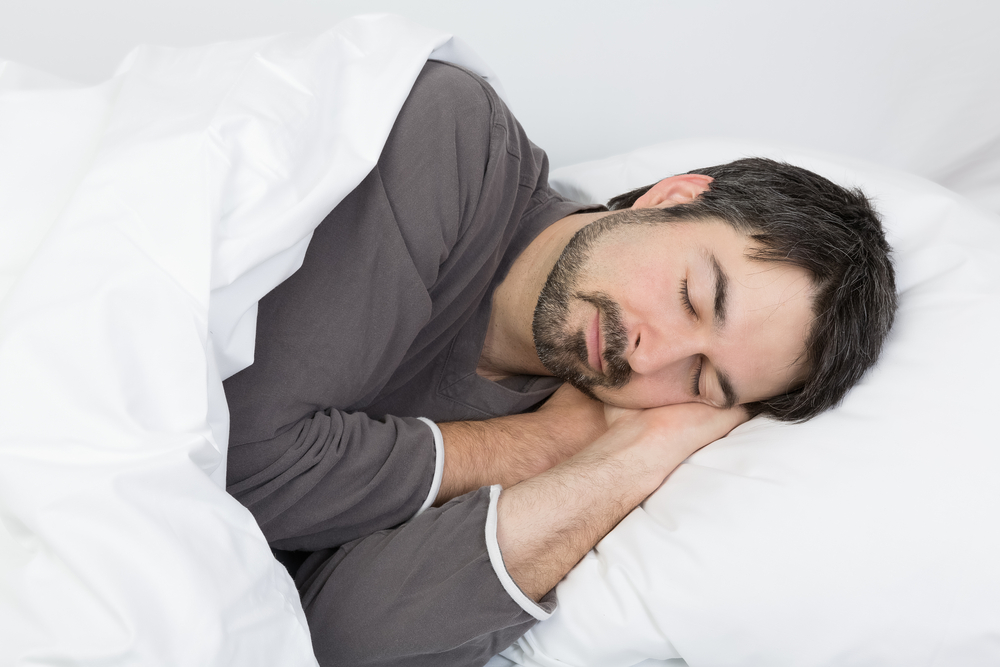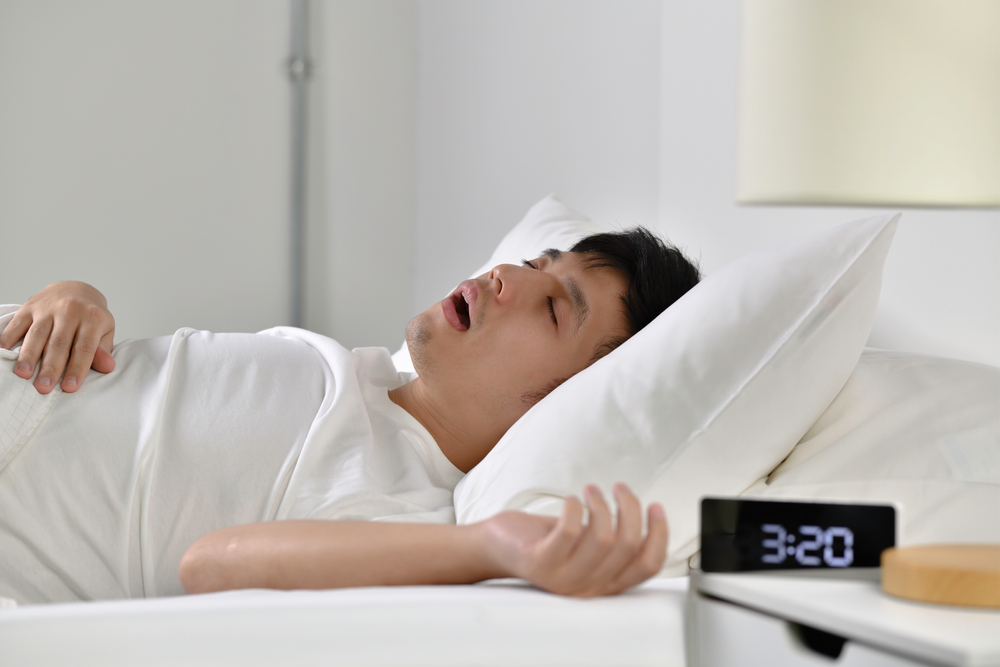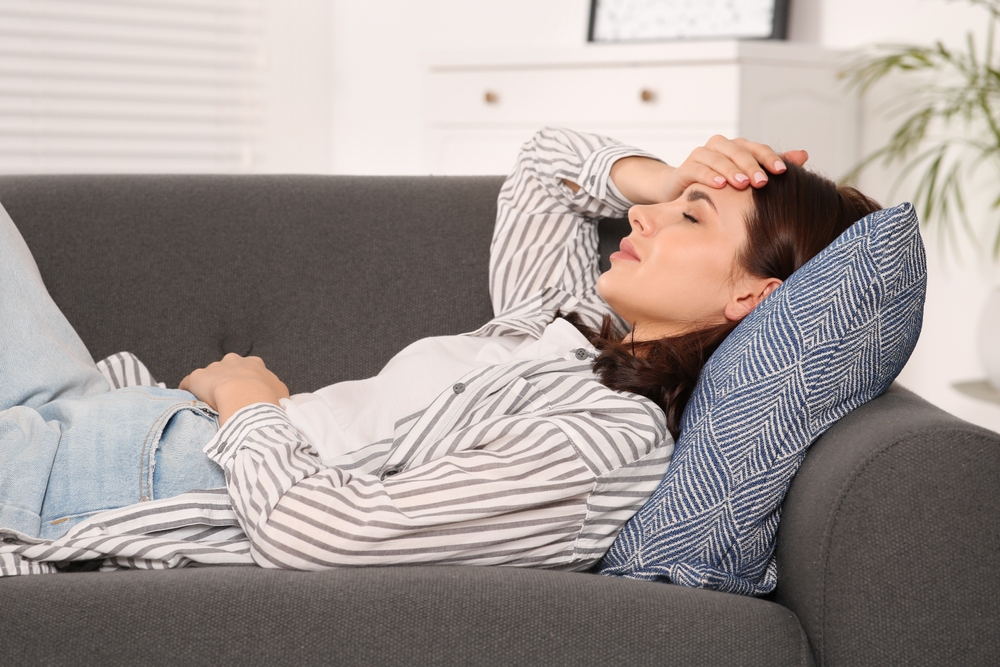Waking Up with a Racing Heart: Causes, Concerns, and Solutions

Have you ever jolted awake with your heart pounding in your chest? This unsettling experience is more common than you might think. In this article, we’ll explore the various reasons behind waking up with a racing heart, when it might be a cause for concern, and what you can do about it. By understanding the underlying factors, you’ll be better equipped to manage this situation and improve your overall sleep quality.
The Sleep-Heart Connection: Understanding the Basics
Before we dive into the specific causes of waking up with a racing heart, it’s essential to understand the relationship between sleep and heart function. During a normal sleep cycle, your heart rate naturally fluctuates.

The Rhythm of Sleep Stages
According to UCLA Health, our heart rate typically slows down during non-REM sleep, which makes up about 80% of our total sleep time. However, during REM sleep, our heart rate can become more variable and may even increase.
- During non-REM sleep: Heart rate slows, blood pressure drops
- During REM sleep: Heart rate may increase, blood pressure may fluctuate
Understanding these natural rhythms can help contextualize why you might occasionally wake up with a faster heartbeat. However, when this becomes a frequent occurrence, it’s worth investigating further.

Common Causes of Waking Up with a Racing Heart
Stress and Anxiety: The Mind-Heart Connection
One of the most common reasons for waking up with a racing heart is stress and anxiety. Medical News Today reports that stress can trigger the release of stress hormones, leading to heart palpitations.
- Nightmares or stress dreams can cause a sudden increase in heart rate
- Anxiety about work, relationships, or other life stressors can manifest physically
“The mind-body connection is powerful. Stress and anxiety can absolutely manifest as physical symptoms, including a racing heart upon waking.” – Dr. Sarah Thompson, Sleep Psychologist

Sleep Apnea: When Breathing Interrupts Sleep
Sleep apnea is a serious condition that can significantly impact heart health. Manse Medical explains that obstructive sleep apnea (OSA) can lead to increased heart rate upon waking, along with other symptoms like mental fog and daytime tiredness.
- OSA causes repeated pauses in breathing during sleep
- These pauses can lower oxygen levels and stress the heart
- Over time, untreated OSA can increase the risk of heart disease and stroke
If you suspect you might have sleep apnea, it’s crucial to consult a medical professional for proper diagnosis and treatment.

Lifestyle Factors: What You Consume Matters
Your daily habits can significantly impact your heart rate during sleep:
- Caffeine: Consuming caffeine, especially late in the day, can lead to a racing heart
- Alcohol: While it might help you fall asleep, alcohol can disrupt sleep patterns and cause heart palpitations
- Dehydration: Not drinking enough water throughout the day can sometimes contribute to heart palpitations

Hormonal Changes: The Body’s Natural Fluctuations
For many individuals, especially women, hormonal changes can play a role in heart palpitations during sleep:
- Menstrual cycle: Hormonal fluctuations can cause heart palpitations at different points in the cycle
- Menopause: Many women experience increased heart rate and palpitations during perimenopause and menopause
When to Seek Medical Advice
While occasional heart palpitations upon waking aren’t usually cause for alarm, there are situations where medical attention is warranted:
- Frequent occurrences of waking up with a racing heart
- Accompanying symptoms like chest pain, shortness of breath, or dizziness
- If you have a history of heart problems or other underlying health conditions
A study published in PubMed suggests that some individuals experience an increase in heart rate shortly before self-awakening, which could be a normal physiological response. However, if you’re concerned about your symptoms, it’s always best to consult with a healthcare professional.

Strategies for a Calmer Wake-Up
If you find yourself frequently waking up with a racing heart, consider these strategies:
- Establish a consistent sleep schedule
- Create a relaxing bedtime routine to reduce stress
- Limit caffeine and alcohol intake, especially in the evening
- Stay hydrated throughout the day
- Consider meditation or deep breathing exercises before bed

The Power of Knowledge: Understanding Your Heart
Waking up with a racing heart can be unsettling, but understanding the potential causes can empower you to take control of your sleep health. By recognizing the interplay between sleep, stress, and heart function, you can make informed decisions about your lifestyle and when to seek medical advice.
Remember, your heart works tirelessly to keep you alive, even while you sleep. By paying attention to its rhythms and addressing any concerns, you’re taking an important step towards overall health and well-being. Sweet dreams, and here’s to waking up feeling refreshed and calm!
To gain deeper insights into your sleep patterns and heart rate, consider using the Nexu Ring. This discreet wearable device can track your sleep stages, heart rate variability, and other vital health metrics. With the Nexu Ring, you can take control of your sleep health and wake up feeling refreshed and rejuvenated.
You might also be interested in:
- Exercise and Heart Health: Using Nexu Ring to Optimize Your Workouts
- Heart Rate Monitoring with Nexu Ring: What You Need to Know
- Active Heart Rate: 5 Trends to Monitor During Exercise
- Heart Rate Variability (HRV): A Comprehensive Guide